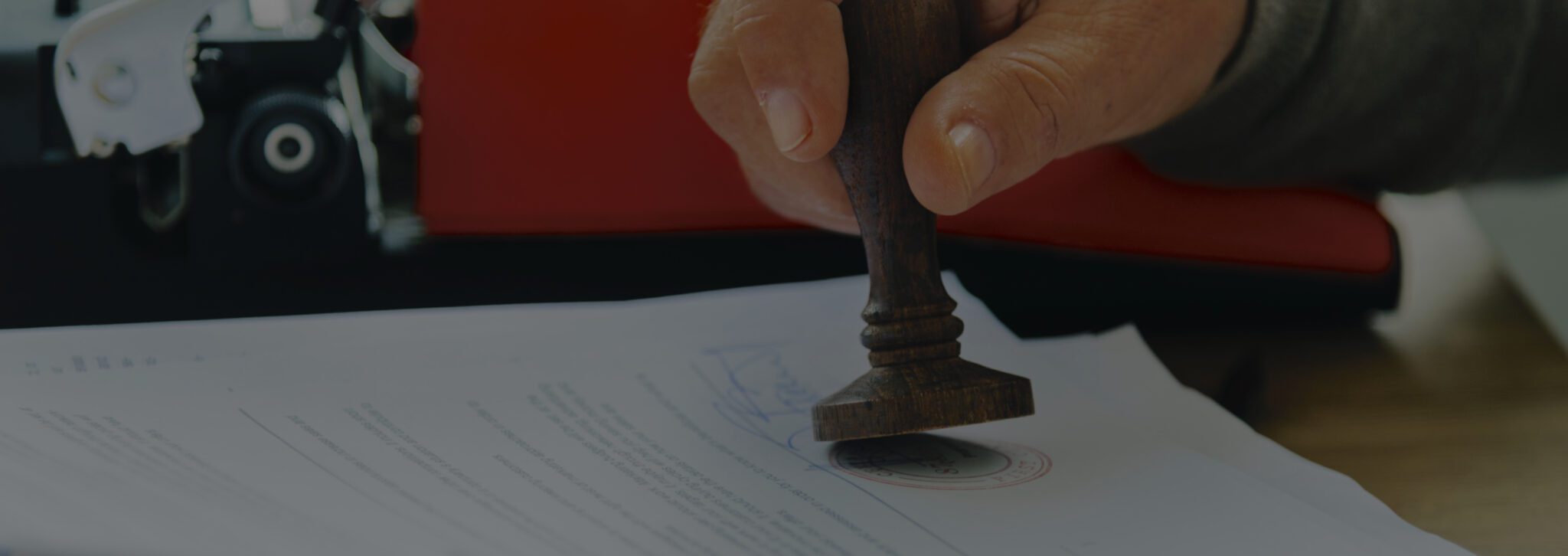Amidst the COVID-19 emergency, we have witnessed a tide of change in the way financial institutions conduct their compliance operations.
Over the past few weeks, financial regulators at both national and international level have stepped in to adjust their due diligence requirements to the new status quo. For instance, just a few days after the Financial Action Task Force (FATF) officially encouraged the adoption of remote onboarding, the Hong Kong Monetary Authority (HKMA) fully embraced the international guidelines with an official statement.
But even where the regulators haven’t issued specific COVID-19 guidance, an increasingly large number of organisations have taken matters in their own hands. Forced by the current situation, not only are numerous Financial Institutions reconsidering their previously “set in stone” compliance policies, but they are also looking for digital solutions they can implement fast. In fact, the risk of doing nothing is too high: it would mean to completely close down all opportunities to acquire new business for the time being.
The requirement for certified documents as proof of identity is a key step of the traditional KYC process that is proving particularly hard to fulfil during the lock-down. Despite its unnecessarily intricate nature, the certified ID document request is still very common in internal compliance policies among financial institutions, legal firms and professional services providers.
Since prospective customers cannot provide a paper copy of their ID document certified in person by a solicitor, self-certification may well be the solution to overcome the current impasse.
At Know Your Customer, we have extensive experience in helping financial institutions and other regulated organisations implement simple and effective self-certification procedures very quickly.

Self-certification information is automatically captured and displayed within the Know Your Customer compliance platform.
Depending on our client’s specific compliance requirements, the interim self-certification process can be broken down as follows:
- Utilise your preferred tool – web portal or mobile app – to securely and easily collect photos of ID documents and Proof of Address lettres from your prospective customers;
- Include a checkbox in the digital journey to defer the need to provide certified ID documents, at least until the end of the current lock-down;
- Authenticate customers’ identity documents through military-grade AI technology and pinpoint their precise GPS coordinates via geolocationing for extra security;
- Use Know Your Customer’s built-in consent and confirmation checkboxes – configured based on your compliance team’s required wording – in the web portal and mobile app to ensure GDPR and data protection compliance when collecting documents digitally;
- Add an extra layer of scrutiny through liveness detection and video verification, guiding prospective customers to record a short video of themselves answering a defined set of questions (depending on your jurisdiction, video verification may be a compulsory regulatory requirement for remote onboarding).

An example of video recording for liveness detection within the Know Your Customer web portal
If you are eager to get started with digital onboarding and self-certification, please contact us. We look forward to answering all of your questions.
Last updated on April 16th, 2025 at 02:11 am


